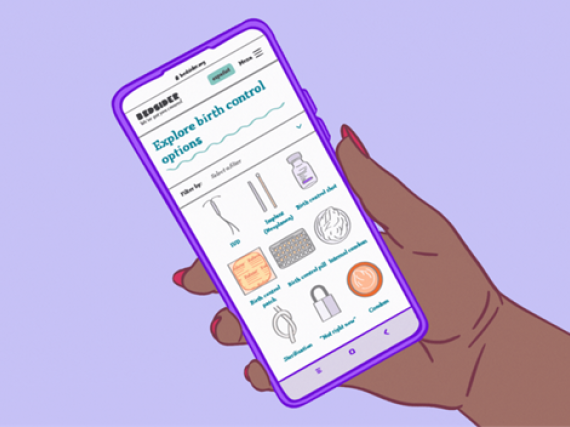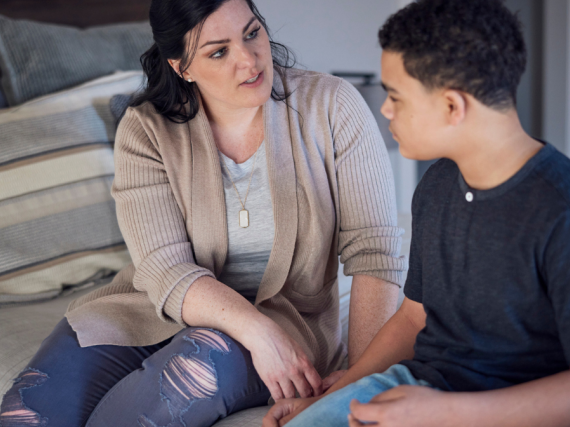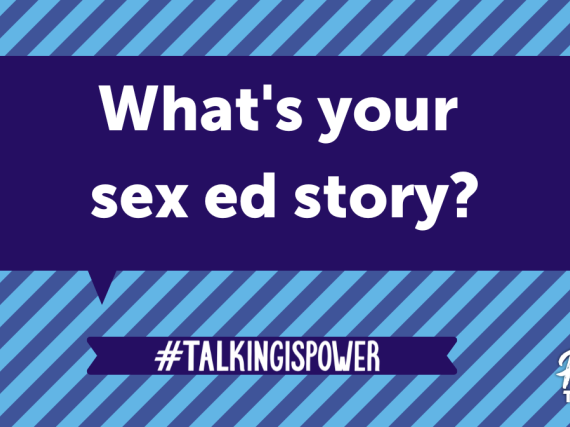A Health Care Provider's Perspective: #TalkingIsPower 2018
As someone who spends most of their day talking to adolescents about reproductive health, I cannot emphasize enough the importance of conversation about sex, love, and relationships. I often talk to my paitents about how to prevent, recognize and treat sexually transmitted infections (STIs). I talk to them about what is “normal” when it comes to periods ans body changes. And what makes a relationship “healthy”. I talk to them about hygiene and infections such as yeast and BV—which are not sexually transmitted but still bothersome. I also talk to them about the various options for preventing pregnancy, from condoms to IUDs and everything in between.
While it is important for teens and young adults to seek medical care and talk to their doctors about their reproductive health, it is equally—if not more— important for them to feel comfortable discussing these topics with family and mentors as well. The conversations I have with my adolescent patients are often enriched if there is a trusted adult in their lives either present at the visit or whom they have spoken to before coming in. I watch these adult champions provide moral support during Nexplanon placements, reflect on their own triumphs and struggles with unplanned pregnancy, STIs and birth control, and help the teens in their lives make difficult decisions about their reproductive health.
Similarly, I have had patients who did not feel they could discuss sex, love, and relationships with their parents or the other adults in their lives. I recently saw a 15-year-old patient who came in concerned she had an STI. When I asked her about her plans to prevent pregnancy, she stated she was planning to wait to start birth control until she was an adult, because she did not think her parents would agree with her starting birth control now. While teens in 21 states and DC can consent to and receive contraceptive services confidentially on their own, they are often more empowered to do so when they are discussing these topics with and are supported by a trusted adult.
Just as it is important for us to teach our children how to avoid injuries from fires, cross the street without being hurt, and safely drive a car, it is similarly important for us to discuss safe sexual practices with them. While this topic may be more uncomfortable than other safety topics, it can be similarly life-saving. The best way to help the young people in our lives grow into competent, healthy adults is to provide them with loving support and open, honest conversations about our struggles and lessons learned. See our resources for how to talk to the preteens, teens and young adults in your life, and start the conversation today, because #TalkingIsPower.
-Arin Swerlick is an Adolescent Medicine Fellow at Children’s National and a mother.



